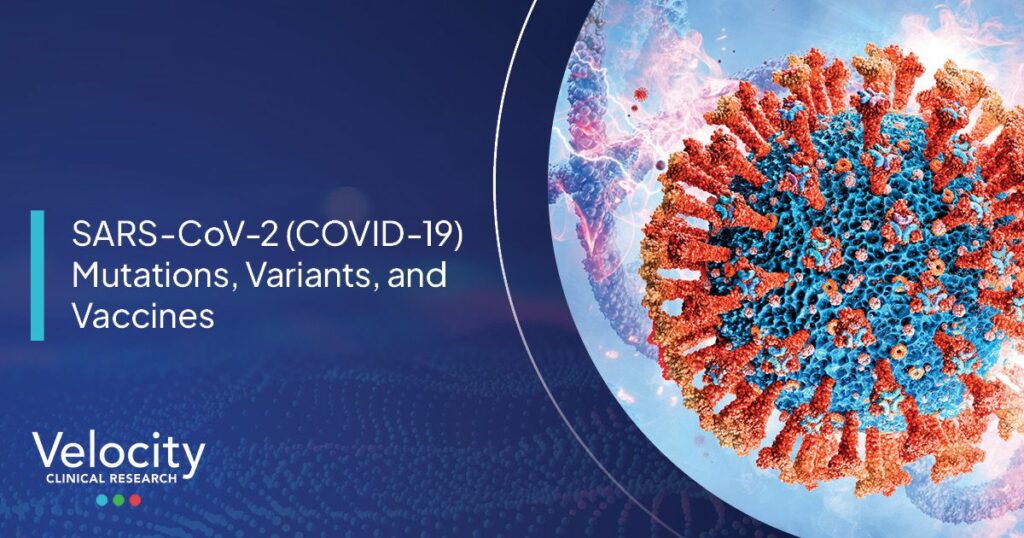COVID-19 is still dominating media headlines, and for good reason. Several vaccines have been granted Emergency Use Authorization, but new case and death rates have reached record highs in the U.S. recently. One update is drawing immense attention, concern, and confusion — new variants of COVID-19 have recently emerged.
Strain, variant, or mutation?
SARS-CoV-2 (the virus that causes COVID-19) is a strain of the coronavirus family. So there aren’t new strains of SARS-CoV-2, but there are new variants (a.k.a. ‘variant strains’).
Variants develop from mutations, or changes, to the genes of a virus. These variants can alter how contagious and dangerous viruses may be to those infected.
But this is nothing new — there are many types and strains of influenza viruses, and that’s why scientists have developed so many flu vaccines. It’s also why we may need more than one COVID-19 vaccine.
How many new variants are there, and what do they do?
There are many new variants that have developed. In fact, new variants were discovered last year. But a few emerging variants have recently drawn widespread attention:
- A new variant in the United Kingdom (U.K.) has spread quickly. This is because of many mutations that seem to make the virus more contagious than other variants. There is no evidence that the variant causes more severe symptoms, but more research is needed.
- Another variant has emerged in South Africa. This variant shares some, but not all, mutations with the Britain variant. The South Africa variant also seems to spread more easily, but, as of today, there is no evidence that this variant causes more severe symptoms.
- A new variant has also appeared in Nigeria. This variant shares similar mutations to the variants discovered in the U.K. and South Africa, and has also not been proven to cause more severe symptoms.
- Japan recently identified a new strain in travelers, though not much is known about the variant yet.
Have any new variants spread to the U.S.?
Yes. The U.K. variant has been detected in the U.S. and other countries. Based on how quickly the variant spread in the U.K., it’s possible that it may become the dominant variant in certain regions as it spreads.
The South Africa variant has not been detected in the U.S., but has been detected in other countries.
Will the COVID-19 vaccines protect against the new variant?
Although early data suggests that the authorized COVID-19 vaccines in the U.S. may provide protection against new variants, the research will take time to yield a conclusion.
The Moderna and Pfizer/BioNTech COVID-19 vaccines target the SARS-VoV-2 spike glycoprotein. However, new mutations could alter the structure or function of the spike protein in emerging SARS-VoV-2 variants. This is why slowing the spread is still the priority — fewer new infections give the virus fewer chances to mutate.
Success may also hinge on how many people can receive the vaccine (and get the second vaccination) to slow the spread.
What can we do now?
The authorized COVID-19 vaccines are being rolled out to healthcare workers, residents of long-term care facilities, and other vulnerable populations. Until you can get the vaccine, the best way to protect against infection is to keep following CDC guidelines:
- Wear a mask
- Wash your hands often
- Avoid close contact with people who are sick
- Social distance
- Stand six feet apart from those who do not live with you
Velocity is still enrolling for COVID-19 vaccine studies. Participants in these studies may receive investigational vaccines at no cost. Eligible participants may also receive compensation for time and travel. Find a study near you at velocityclinicaltrials.com.

